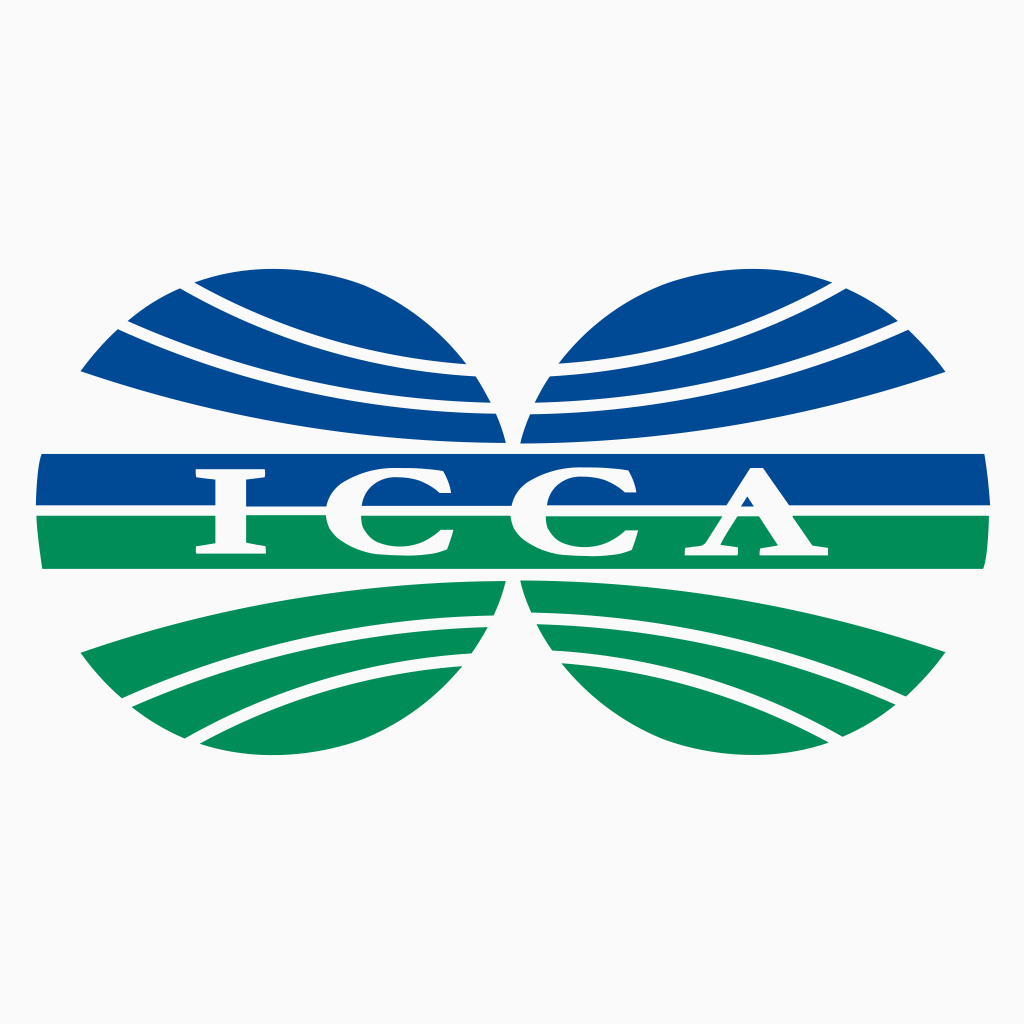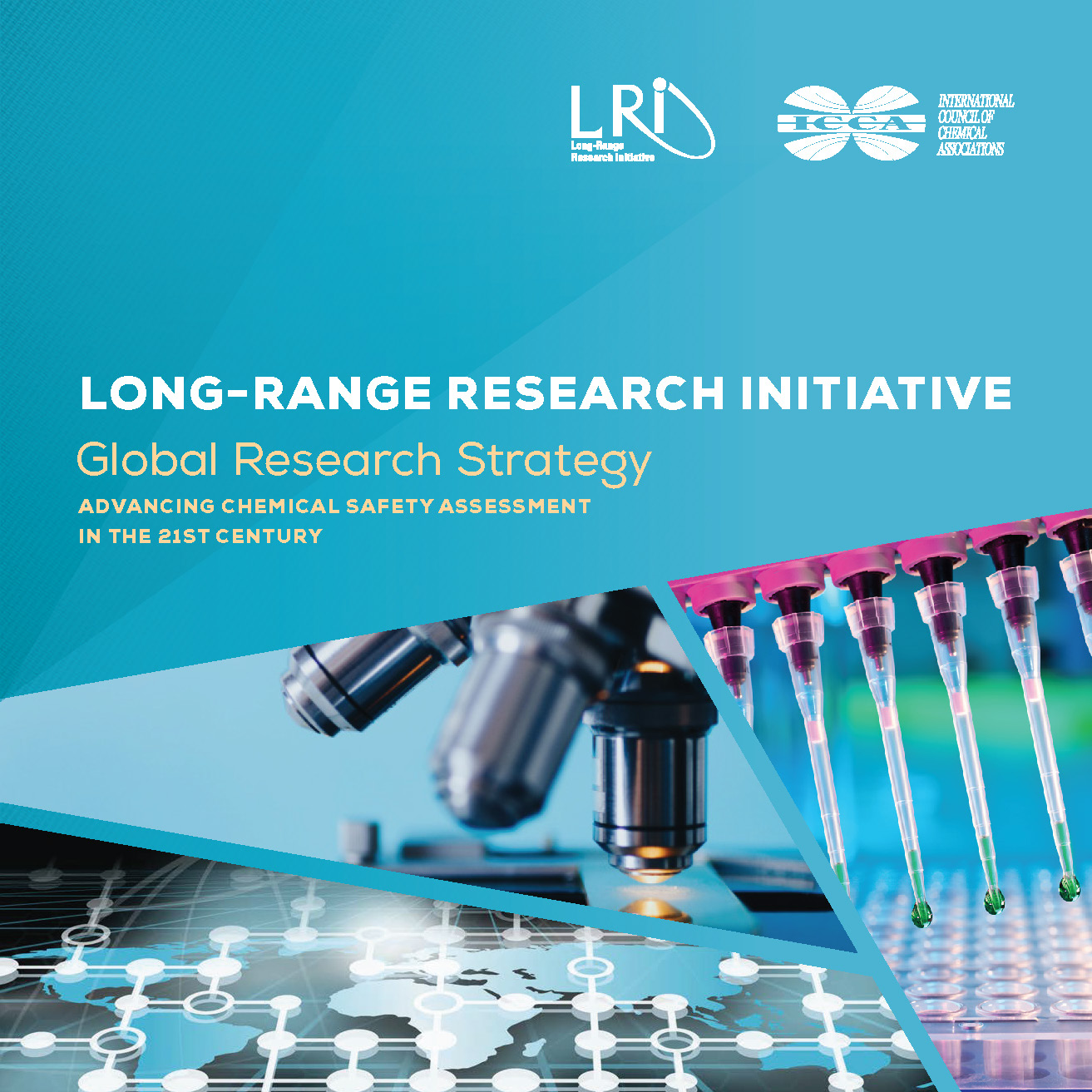Technology’s Role in Chemical Safety Evaluations
Researchers supported by the ICCA-LRI programs are using biomolecular approaches to investigate the potential of chemicals to interact with biological pathways. These technologies are playing an increasingly useful role in chemical safety evaluations. At certain exposure levels, no responses may be observed, but at increasing levels of exposures, cells may respond by changing production in the types or quantities of certain biomolecules, and scientists can study these responses by evaluating the cell’s RNA. Researchers around the world are expanding the understanding of the relationships between these types of cellular responses, called transcriptomics. The development of technologies that enable transcriptomics to be applied to study small numbers of cells, in vitro cell cultures, contemporaneous or archived tissue samples, and even single cells isolated in situ from tissues preserved in formalin (taken from in vivo lab animal studies or clinical specimens ions) hold considerable promise to improve the scientific basis of chemical safety assessments by quantifying exposures that may produce no effects and comparing these to exposures that produce adaptive effects or adverse effects. A recent ICCA-LRI Science and Research Highlights explains these technologies and summarizes a number of applications, including those being investigated as part of the Cefic, ACC and JCIA LRI programs.






